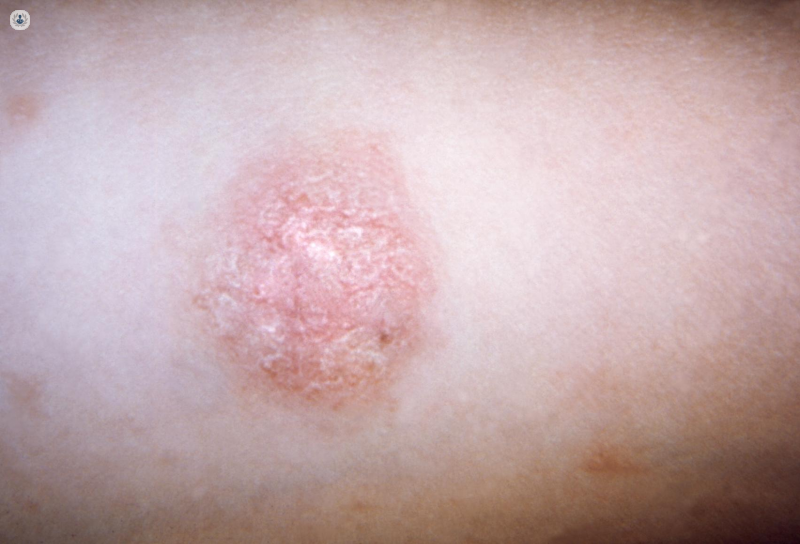The importance of skin cancer checks: Early detection saves lives
Autore:Skin cancer is one of the most common types of cancer worldwide, and early detection plays a crucial role in successful treatment. Regular skin cancer checks are essential for identifying suspicious lesions before they become life-threatening. Whether done through self-examination or by a medical professional, these checks provide a proactive approach to managing skin health and preventing serious complications.

Skin cancer typically develops in areas exposed to the sun, such as the face, neck, arms, and legs, although it can appear anywhere on the body. The three main types are basal cell carcinoma, squamous cell carcinoma, and melanoma, with melanoma being the most aggressive. Warning signs include changes in the size, shape, or color of moles or lesions, as well as new growths, itching, or bleeding. The "ABCDE" rule—Asymmetry, Border irregularity, Colour variation, Diameter larger than 6mm, and Evolution—can help in recognising potentially harmful changes in moles.
Professional skin cancer checks involve a thorough examination of your skin by a qualified healthcare provider, often using specialized tools like dermatoscopes to assess lesions more closely. In some cases, suspicious moles or spots may require a biopsy to determine whether they are cancerous.
These checks are especially important for individuals with risk factors such as fair skin, a history of sunburns, excessive UV exposure, or a family history of skin cancer. Regular screenings are recommended, particularly for those with multiple moles or who notice changes in their skin over time.
Taking steps to protect your skin can significantly reduce your risk of developing skin cancer. This includes using broad-spectrum sunscreen, wearing protective clothing, and avoiding tanning beds.
However, prevention should always be complemented by vigilance. Skin cancer checks, whether routine self-examinations or professional assessments, are a key component of skin health. Early detection not only increases treatment success rates but also reduces the likelihood of invasive procedures, offering peace of mind and safeguarding overall health.


